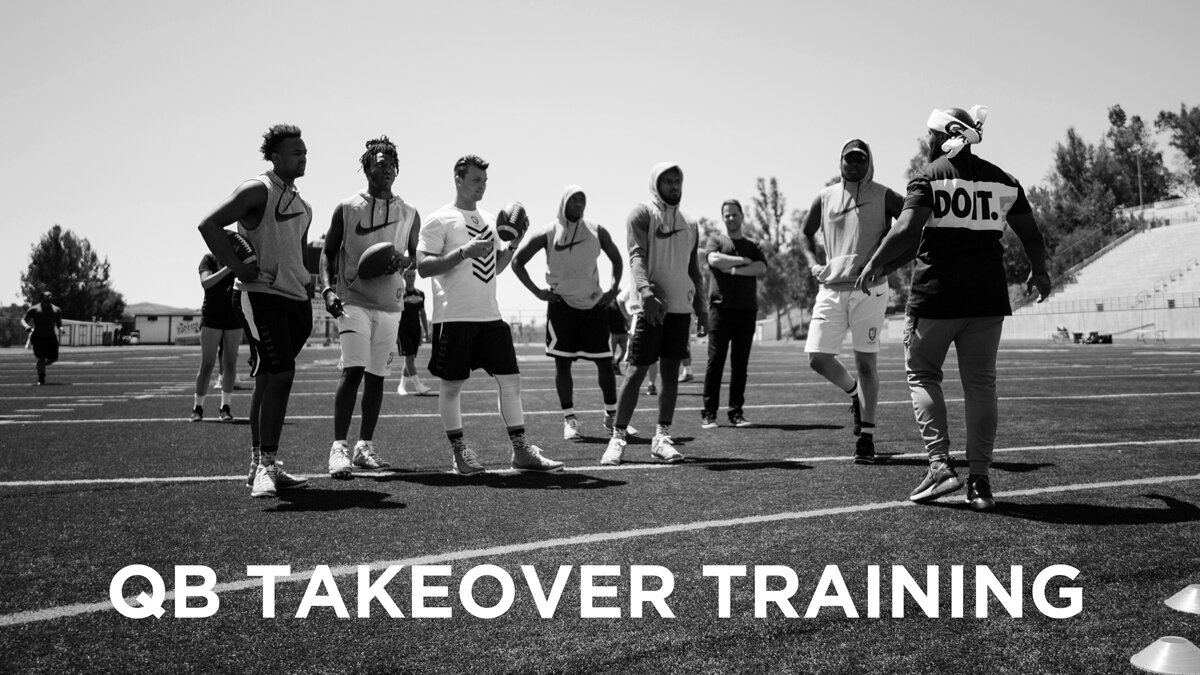Training the Brain: The Elite Athlete’s Key to Success
“A lot of guys are just as fast, just as strong, or just as big as me. But they’re not going to be able to think the way I do on the field.”
—Le’Veon Bell, NFL running back & chess enthusiast
On an old computer when he was in the second grade, Le’Veon Bell taught himself the laws of chess and began playing the game. He hasn’t stopped since. Three nights a week, he takes on his former Michigan State teammate, Larry Caper, in timed chess matches. He amps it up even more during playoff season. Bell believes his mental game, fine-tuned by years of chess playing, is what sets him apart from the rest of the pack on the field.
To be competitive in the game of American football, where exceedingly talented athletes dominate the gridiron, players need to have every piece of the puzzle in place. Physical training and skill, undoubtedly, make up a major segment of that puzzle, but a player can only run so fast and throw so far. One can only push oneself so far, of course, before reaching the natural limitations of the human body. The ultimate game changer? Training the mind.
This is exactly the type of training elite college quarterbacks received at Quincy Avery’s Quarterback Takeover Camp. Blending cognitive coaching with physical drills, Seth Makowsky from Poison Pawn Chess teamed up with Quincy Avery to exercise the minds of the nation’s top quarterbacks. Ohio State’s Dwayne Haskins, Memphis’ David Moore, Oklahoma State’s Dru Brown, Florida’s Emory Jones, Miami’s Jarren Williams, Lousiville’s Jawon Pass, and East Tennessee’s Austin Herin were some of those who attended the special weekend training session in southern California.
Divided into groups of 2-3, athletes partook in circuit-style training, bouncing between physical and mental training drills that incorporated strategies used on the chessboard. Poison Pawn’s chess drills are specifically designed to enhance an athlete’s spatial awareness, pattern recognition, sequential memory, and rapid decision-making on the field. These exercises contrasted perfectly with classic physical drills such as throwing mechanics, balance, footwork, drops, and on & off platform throws.
The benefit of training the brain like every other muscle? Increased mental endurance, flexibility, and processing speed. Split second decisions–like when a quarterback needs to determine if the right choice is to throw the ball to his closest receiver, take the sack, or scramble away and buy time for a big play–can make all the difference between a win and a loss. Learning concentrated decision-making on the chessboard helps athletes react more quickly and accurately in such situations, as they master the ability to assess large amounts of information in a finite amount of time. Poison Pawn chess training also helps elite competitors with their ability to compartmentalize mistakes and block out distractions. And in a game that is majorly mental, this method of cognitive focus makes all the difference.
About Quarterback Takeover Camp
Quincy Avery, quarterback guru, is a world-class coach and trainer. Avery, a former assistant coach at UCLA, is a member of the Elite 11 core coaching staff and is known for working with NFL quarterbacks Deshaun Watson, Josh Dobbs, TJ Yates.

